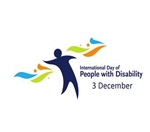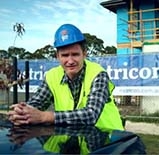‘FLAGGING’ COMMUNICATION CONCERNS EARLY
Parents, especially new parents, can find it difficult to know if and when their child is reaching developmental milestones. Parents who haven’t spent a lot of time with other children may have fewer experiences/references against which to compare their own child’s development. Furthermore, comparison can be fraught. As such, parents often rely on the expertise/advice of professionals, such as Early Childhood Educators, who are experienced in working with different children Read More…













































